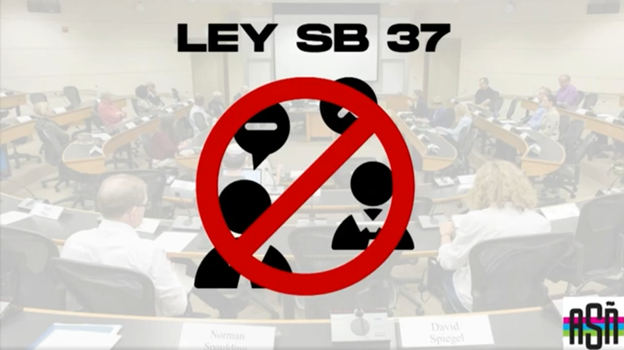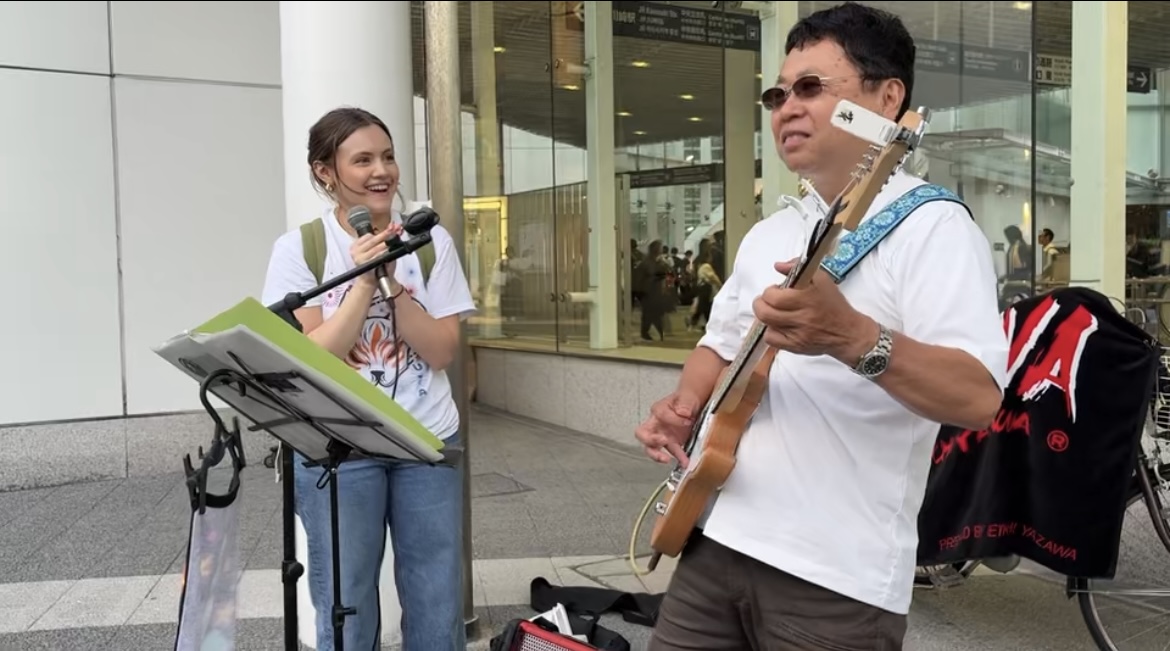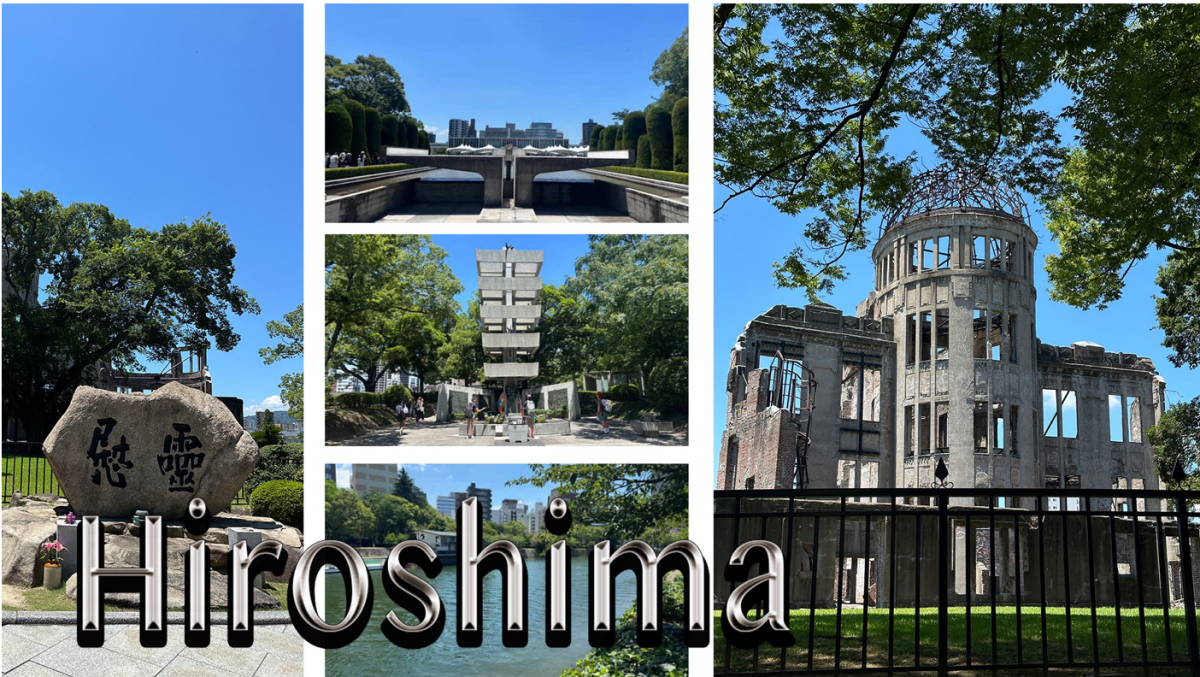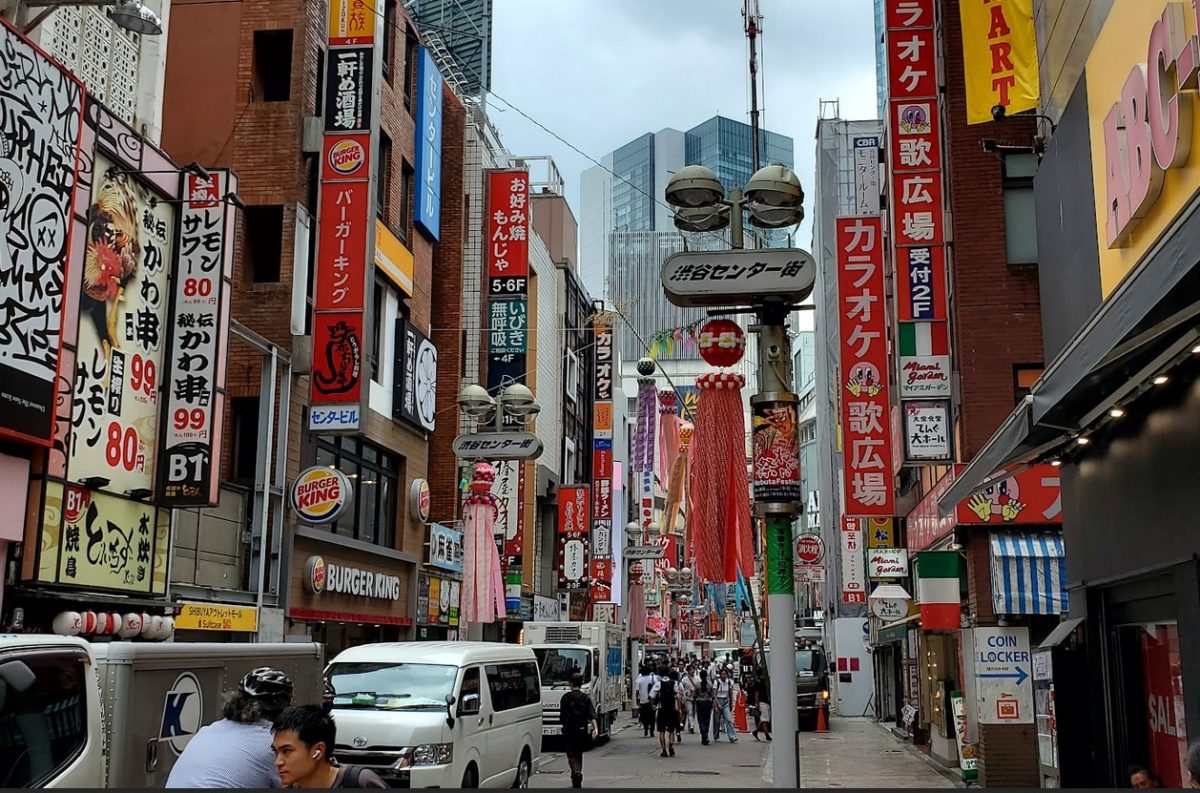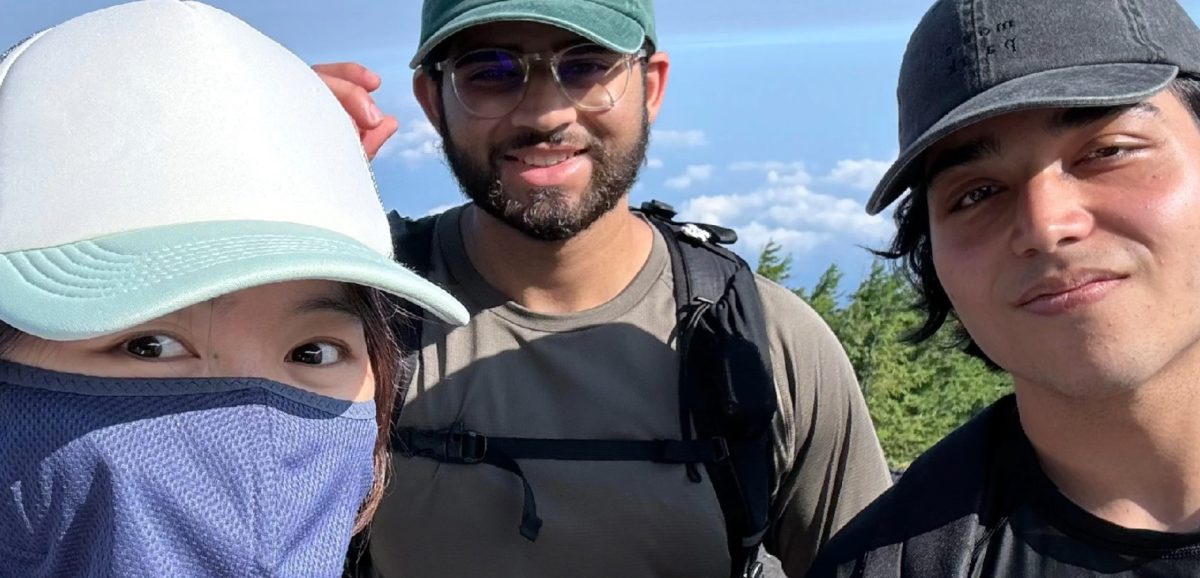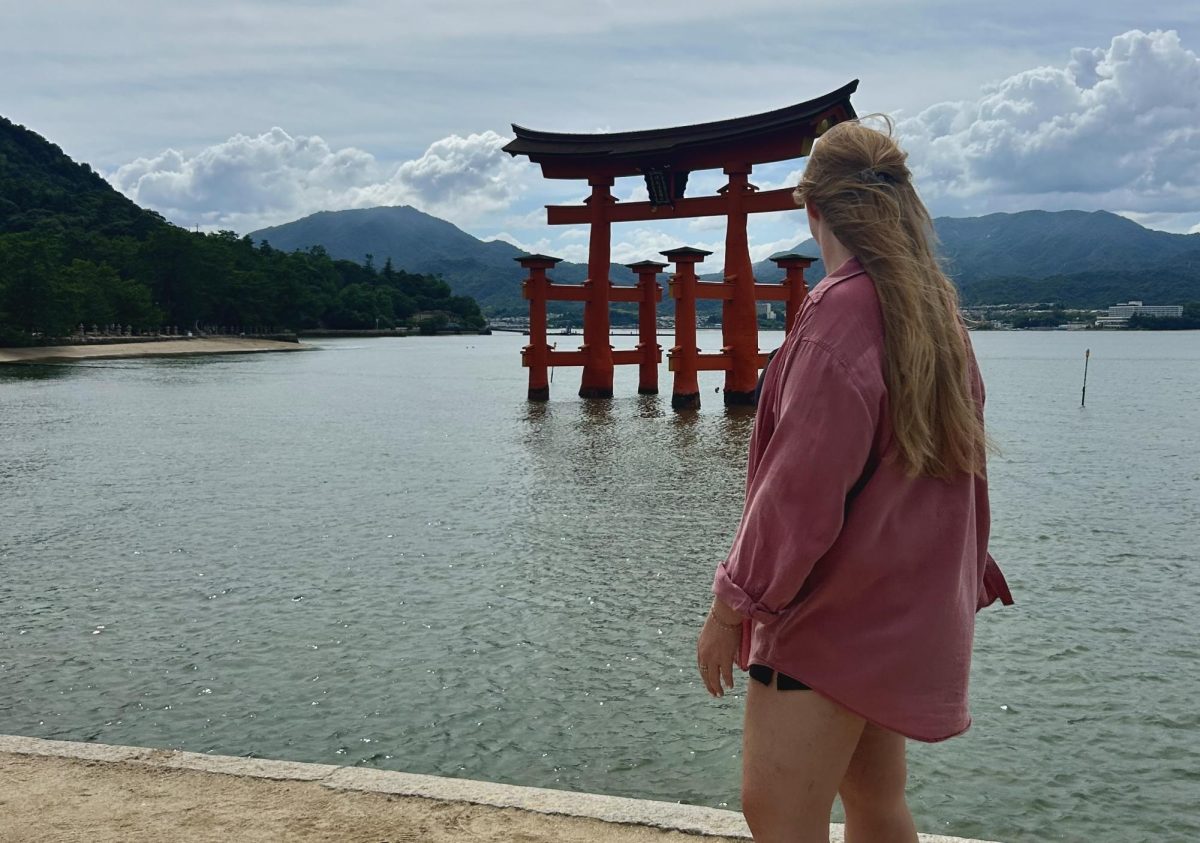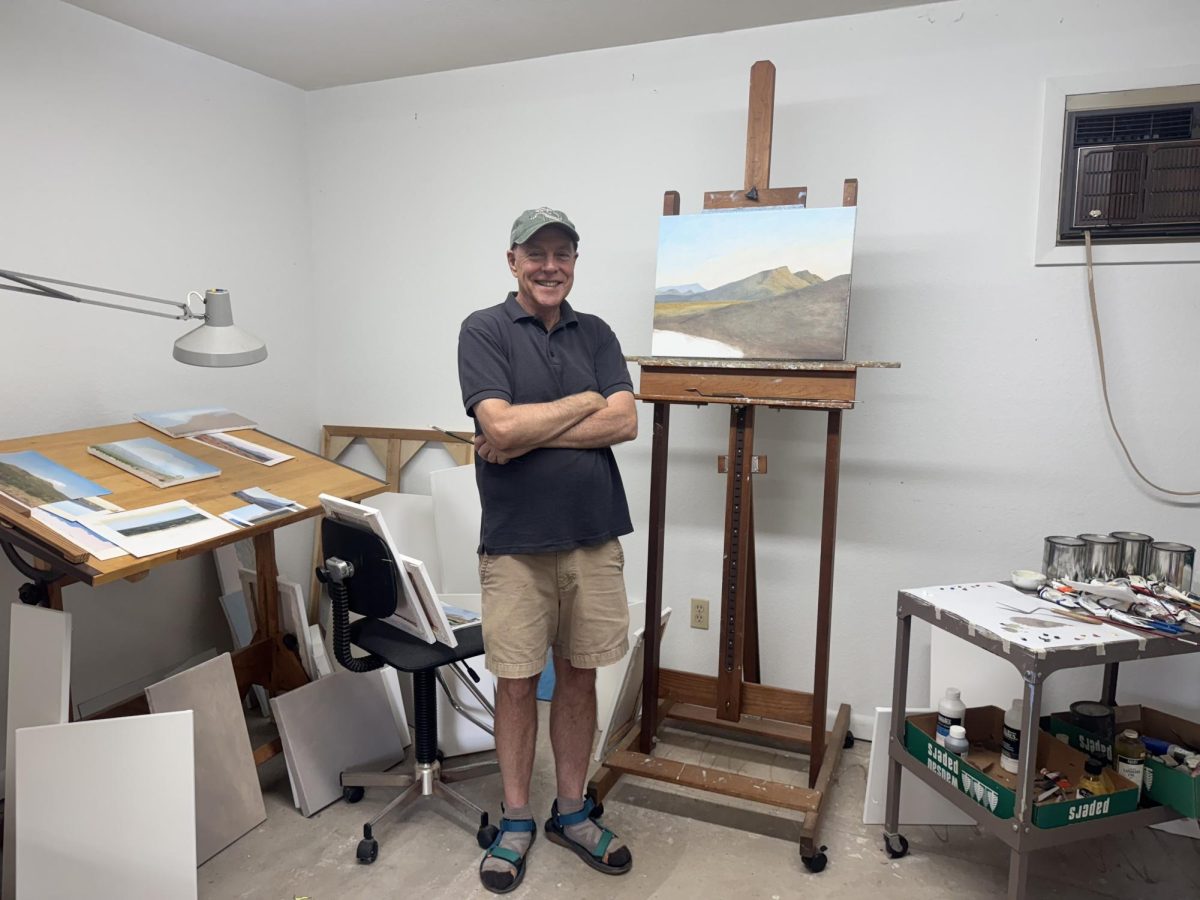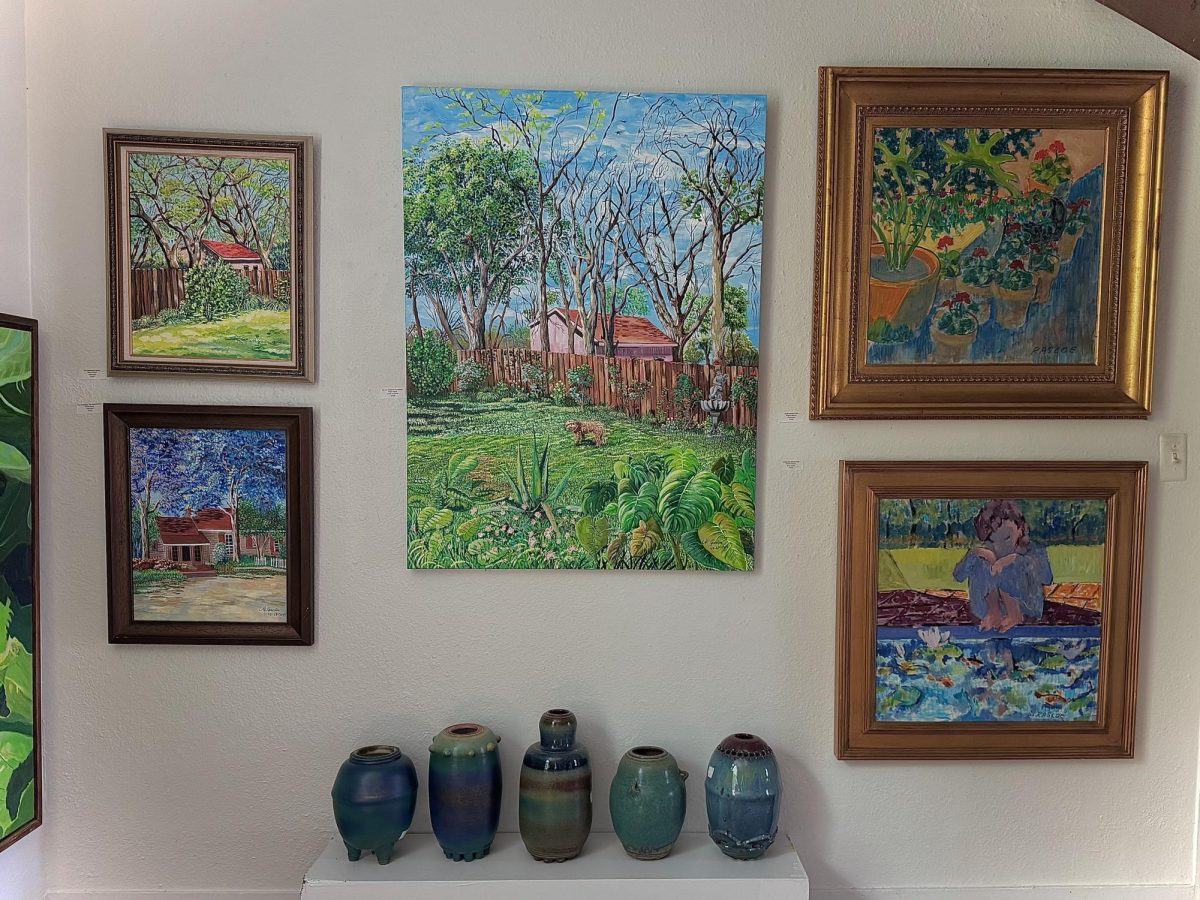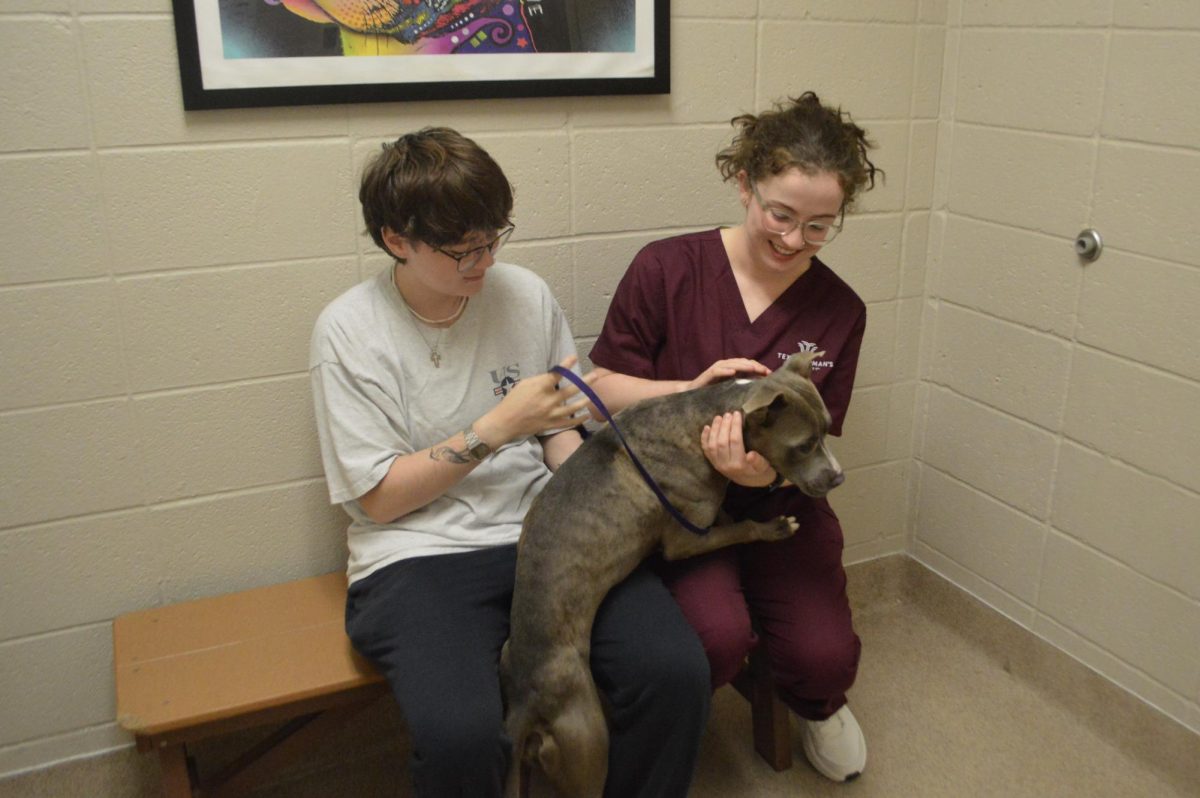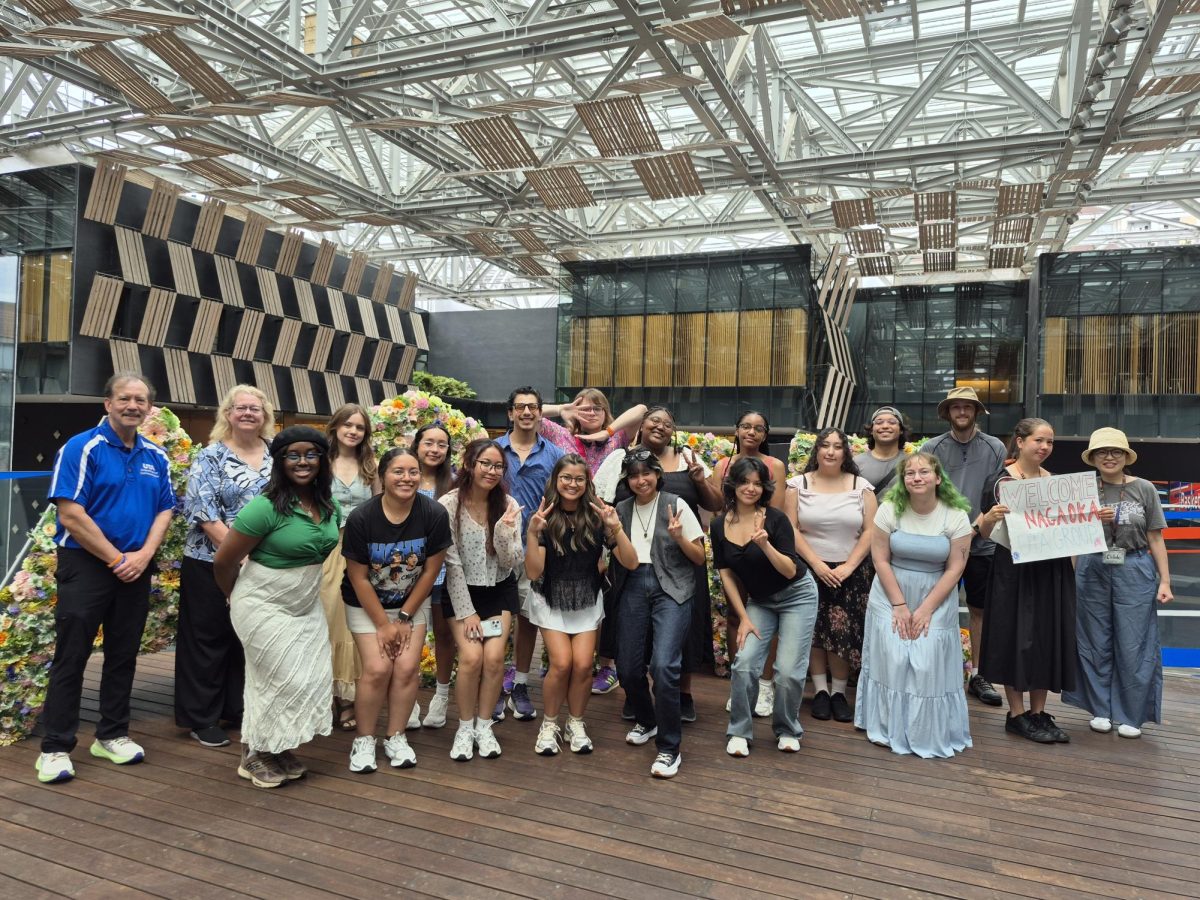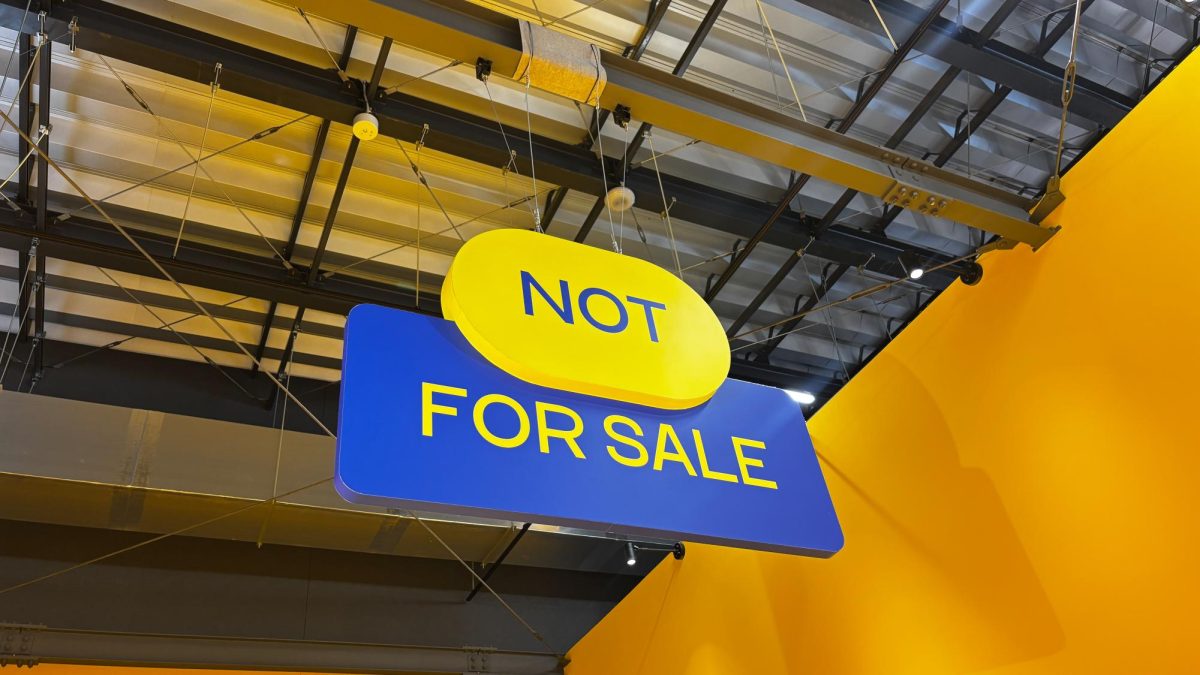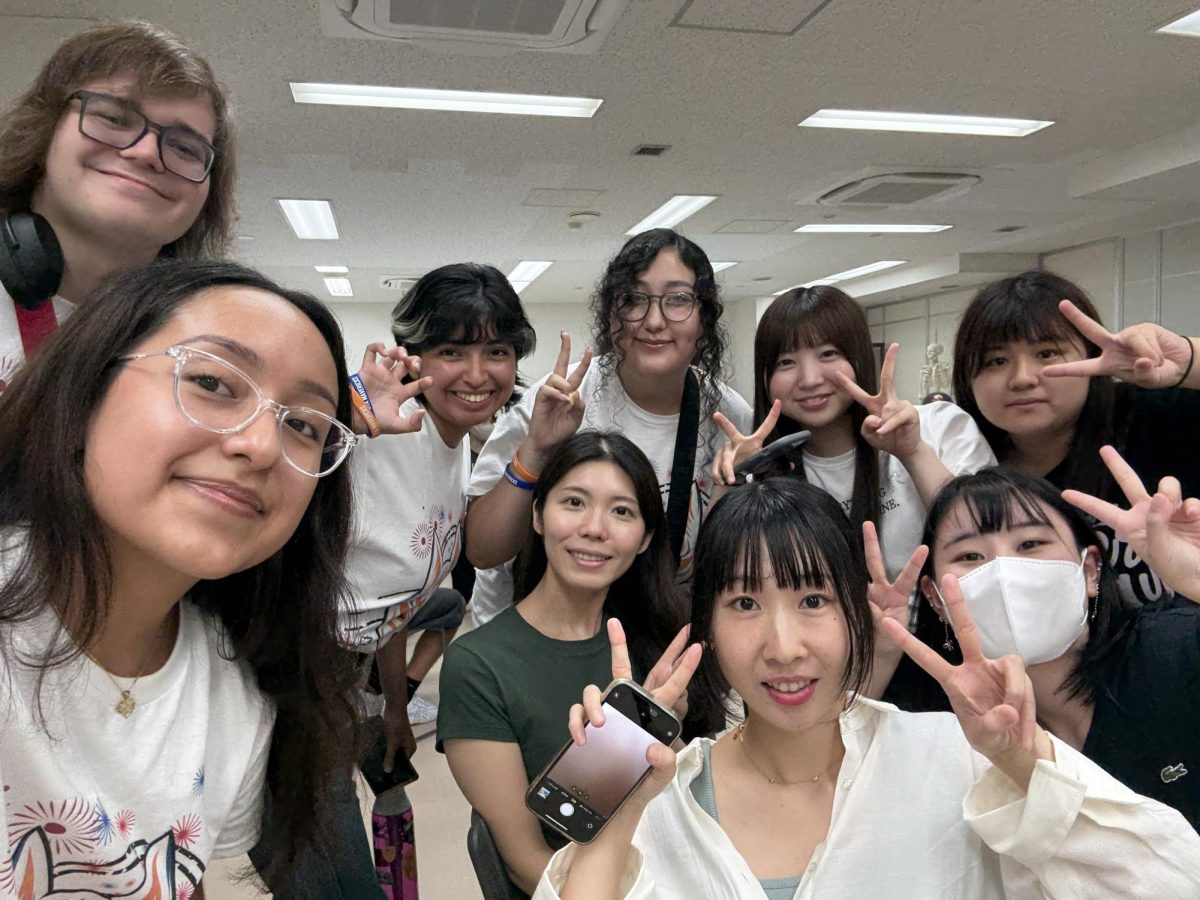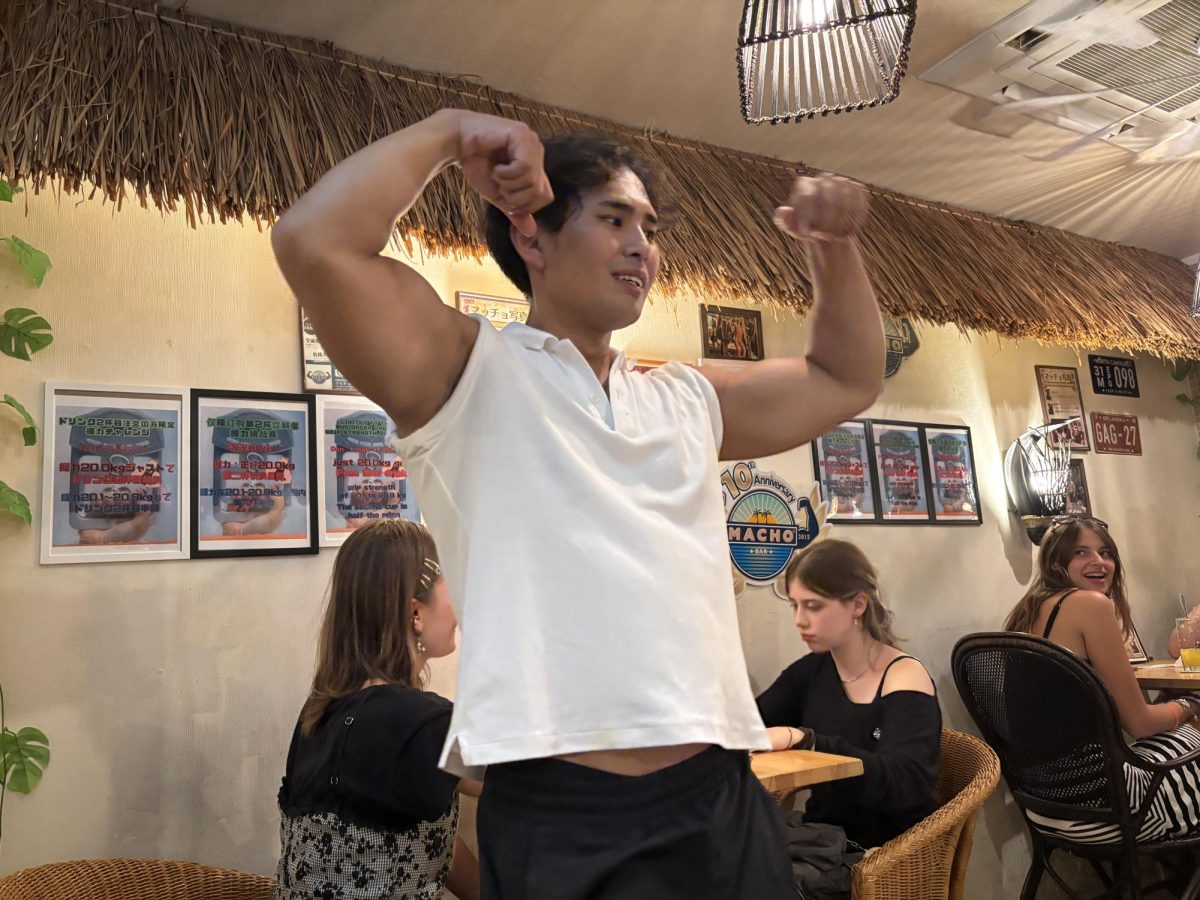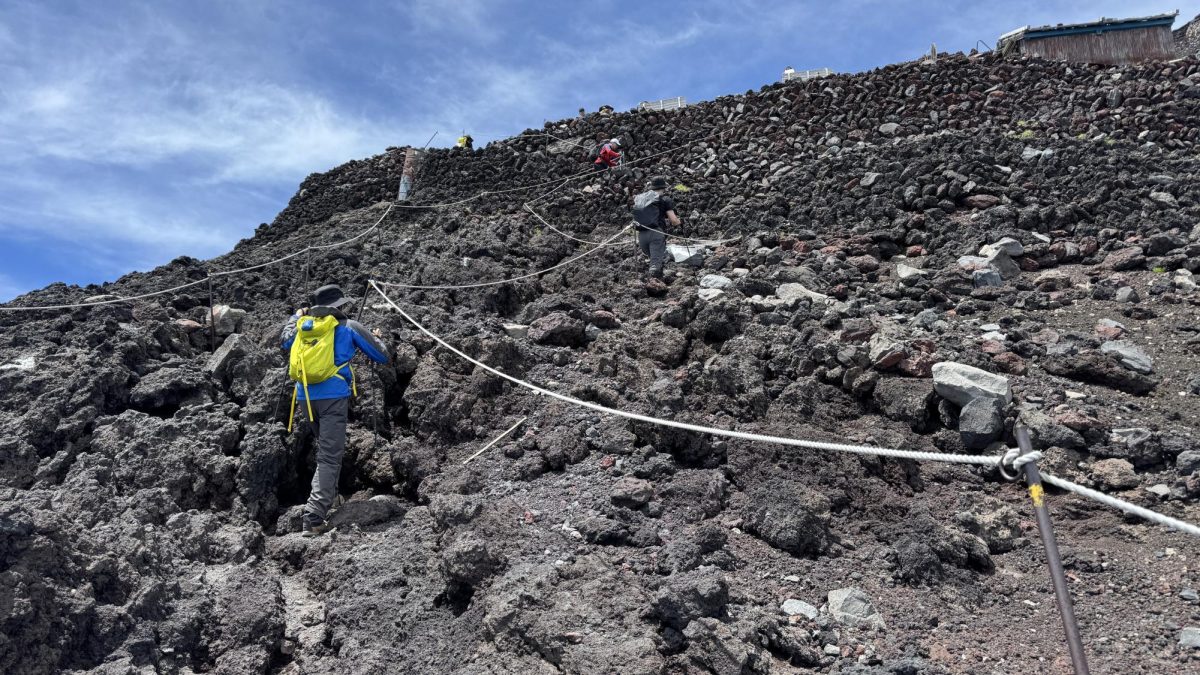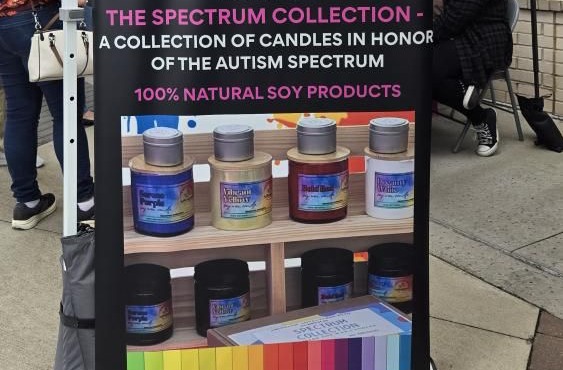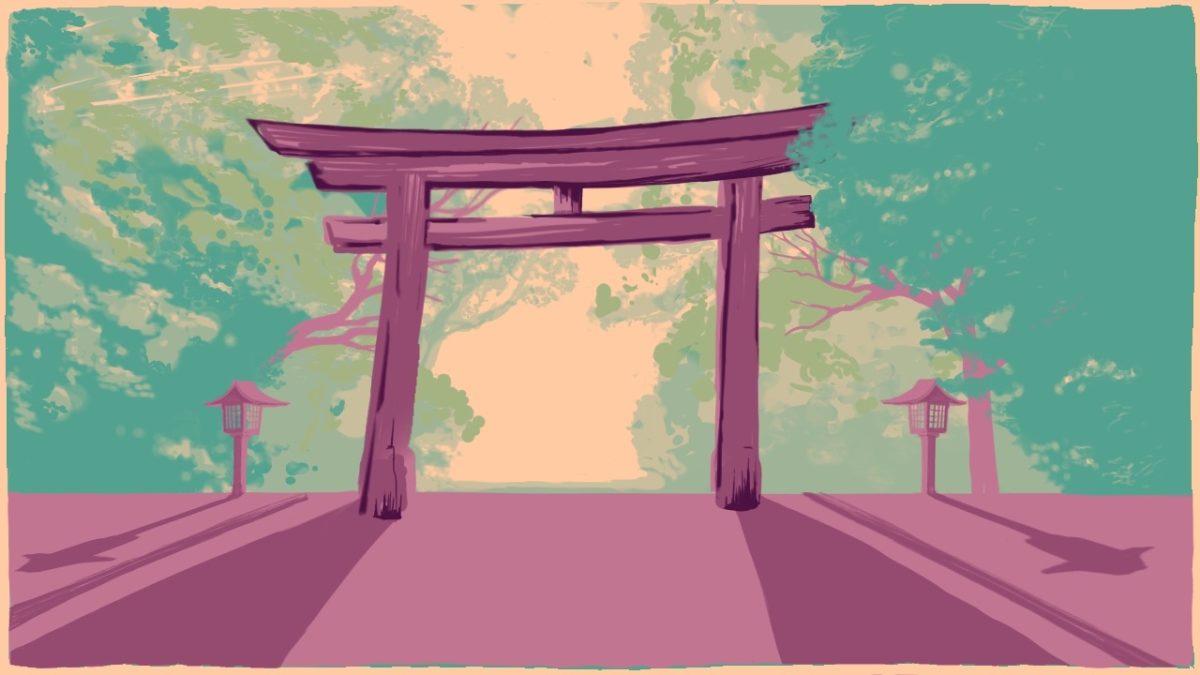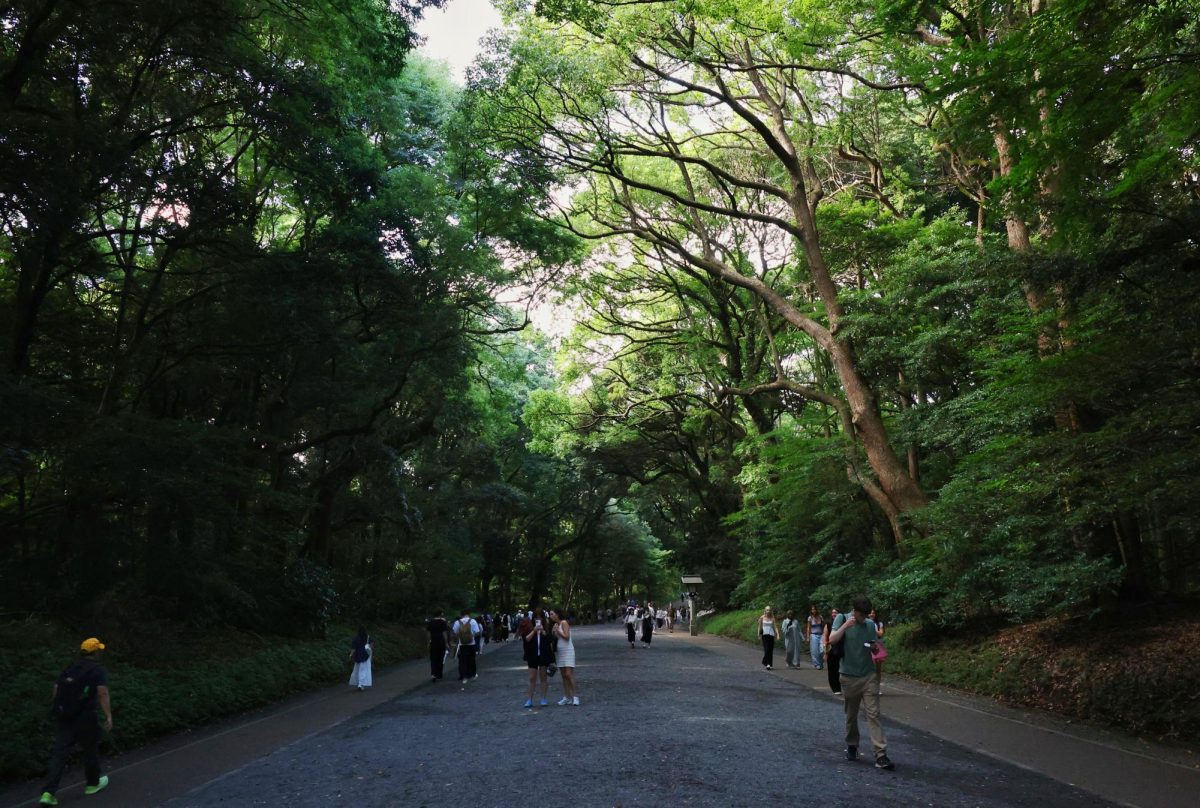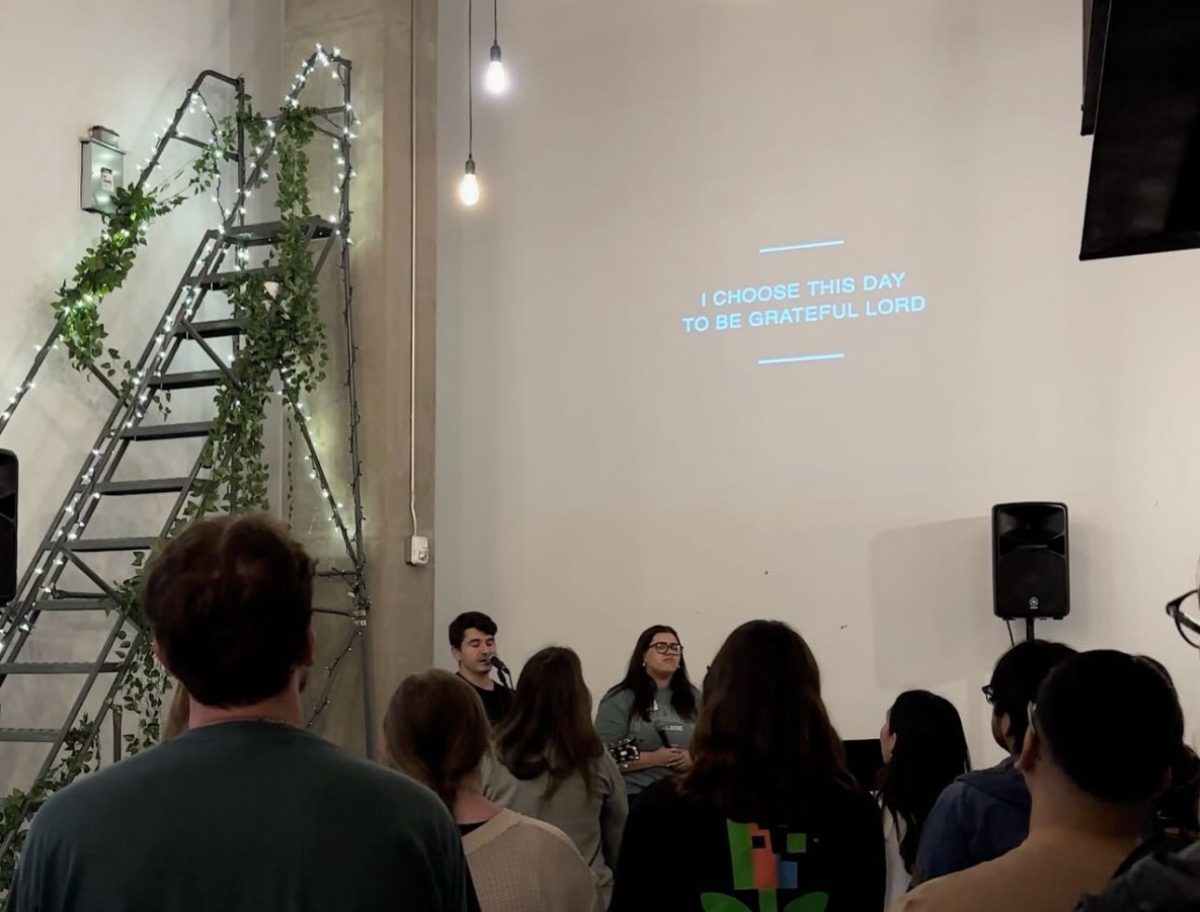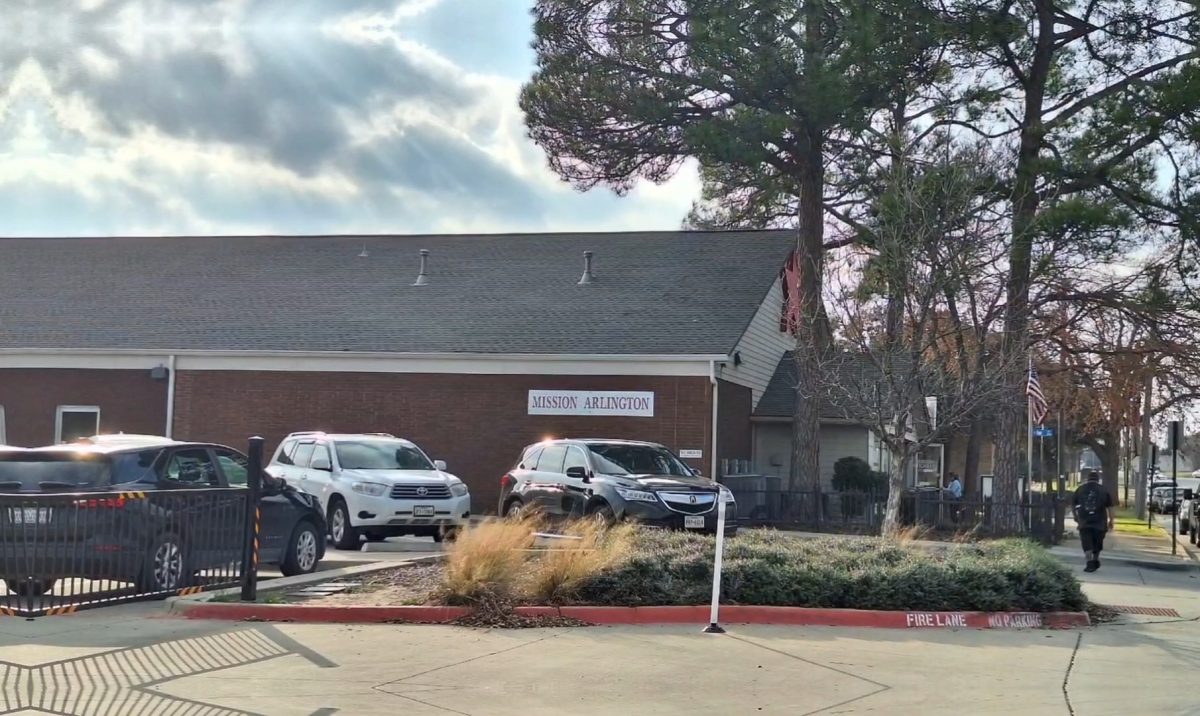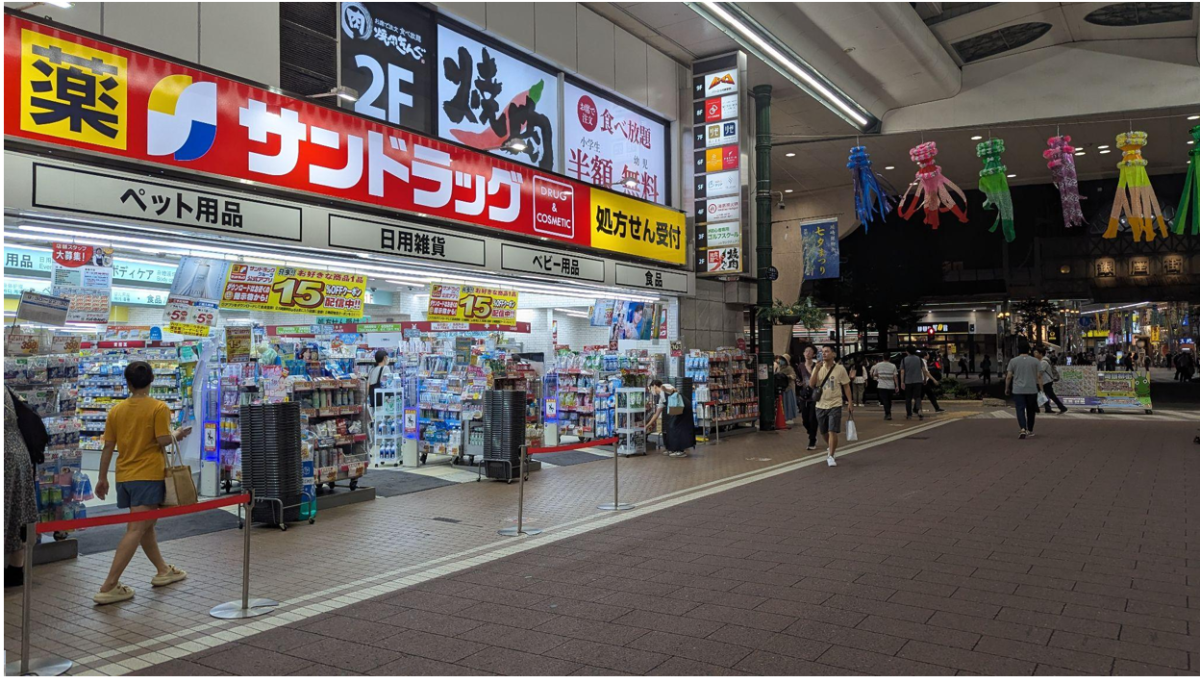KAWASAKI, Japan—Vacation and adventure have recently become synonymous with one another. This has led to a culture of continuous movement and a need for excitement. That’s all that is posted on Social media, so that must be what life is like when traveling to another country. On the contrary, the best parts of being in a new country are the extremely mundane goings-on of everyday life.
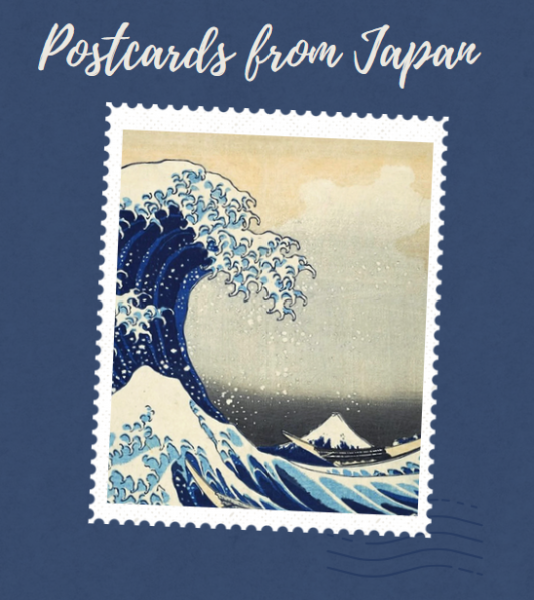
While I have completed many bucket list items on my itinerary, nothing has quite given me the cross-cultural experience like embracing the mundane. My residence aids this in Kawasaki, Kanagawa, a city and prefecture roughly 30 minutes outside Tokyo. While still a sizeable metropolitan city, the number of foreigners and traffic is far less than in the tourist hubs of Japan. This is the peak way of embracing mundanity.
Imagine this :
It’s your first night in Kawasaki, and you’re excited to venture into the unknown of this new country. There is only one problem: Despite (or perhaps due to) your exceptional packing, which included stuffing all your clothing in a tiny carry-on, you have forgotten multiple key essentials for everyday life. Not only that, but you can feel a migraine on the horizon from your 13+ hour plane ride.
This is when you come to embrace the mundane.
Before we go further, let us define what I choose to categorize as mundane. The Cambridge Dictionary defines ‘Mundane’ as the fact of being very ordinary and therefore not interesting. Even though I believe it can be harsh to describe mundane as not interesting, the idea of the ordinary will be our main focus.
Humans are fascinating creatures when it comes to travel, and the need for excitement is one documented by anthropologist Nelson H.H. Graburn. While not to bore with theory, he suggests the way humans travel is similar to a plot diagram that one would see in constructing stories.
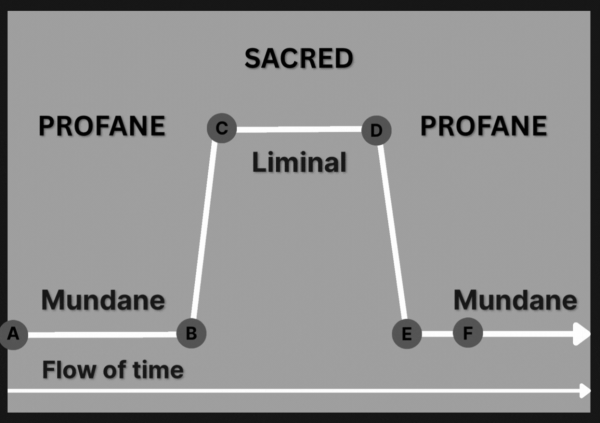
We have specific rituals for before and after travel that result in our change, whether physically or mentally, that are a result of the liminal place that travel provides. It is as if time has stopped, and you have earned freedom from the restrictions life puts on us. That is what makes my advocacy for the mundane so fascinating, and it is not just me. My fellow travelers have embraced the mundanity during their time in Japan, from purchasing medications to taking eye exams and getting glasses as a group. It is these simple and easygoing environments that we have been allowed to grow and blur the lines between all of Graburn’s perceived travel rituals.
Look, I understand, the drugstore or convenience store is not the most interesting place in the world, but if you’ll humor me for a bit, all will become clear shortly. No matter how much you plan, something will always go wrong, especially when it comes to health, so you might as well get acquainted with your local drugstore in Japan. Kawasaki is home to many such stores that I have frequented to an alarming degree in my little week of being in the country.
Will you understand everything said or written on the boxes? Absolutely not, but come on, we are in the 21st century, where apps such as Google Translate and Payke (my personal favorite because it even tells you how to use the product) can help navigate any language barriers. I also understand it can be daunting to go to a drugstore outside of the major tourist hubs where the cashiers will ask questions that Duolingo has not prepared you for, but I think it’s all about perspective.
For example, I was terrified to purchase anything at the drugstore or convenience store because of the many questions and inquiries they’ll ask, such as:
- ふくろはごりようですか? ( Would you like a bag?)
- おしはらいは? ( How would you like to pay?)
- あたためますか? (Would you like this heated?)
Do not be afraid!
It will be shocking in the moment, but every time you complete a transaction, you’ll be able to pick up the specific phrases, making checkout a breeze even if you’re not fluent. To help further your journey into the mundane, check out this interactive map for use if you ever happen to be in Kawasaki or as a template wherever you are.



